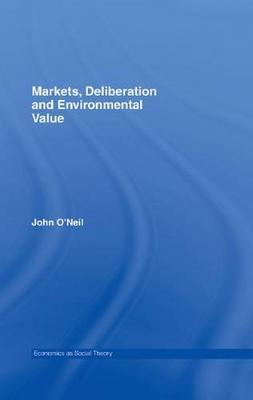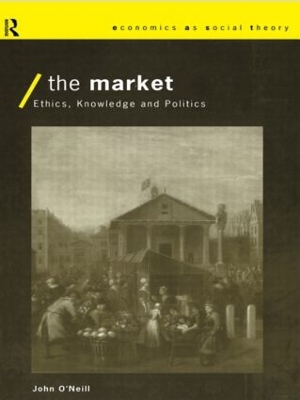Economics as Social Theory
2 total works
What is the source of our environmental problems? Why is there in modern societies a persistent tendency to environmental damage? From within neoclassical economic theory there is a straightforward answer to those questions: it is because environmental goods and harms are unpriced. They come free.
This position runs up against a view which runs in entirely the opposite direction, that our environmental problems have their source not in a failure to apply market norms rigorously enough, but in the very spread of these market mechanisms and norms. The source of environmental problems lies in part in the spread of markets both in real geographical terms across the globe and through the introduction of markets mechanisms and norms into spheres of life that previously have been protected from markets.
In this book, John O’Neill conducts a thorough examination of these two opposing viewpoints covering a discussion of the ethical boundaries of markets, the role of private property rights in environmental protection, the nature of sustainability and the valuation of goods over time.
This book is essential reading for undergraduate and postgraduate students studying courses in ecological and environmental economics.
Following the failure of 'really existing socialism' in Eastern Europe and Asia, the market is now generally perceived, by Left and Right, to be supreme in any rational economic system. The current debate now focuses on the proper boundaries of markets rather than the system itself. This book examines the problems of defining these boundaries for the recent defences of the market, and shows that they highlight major weaknesses in the cases made by its proponents.
The author draws on considerable research in this area to provide an overdue critical evaluation of the limits of the market, and future prospects for non-market socialism. The issues discussed cross a number of academic boundaries including economics, philosophy and politics.

